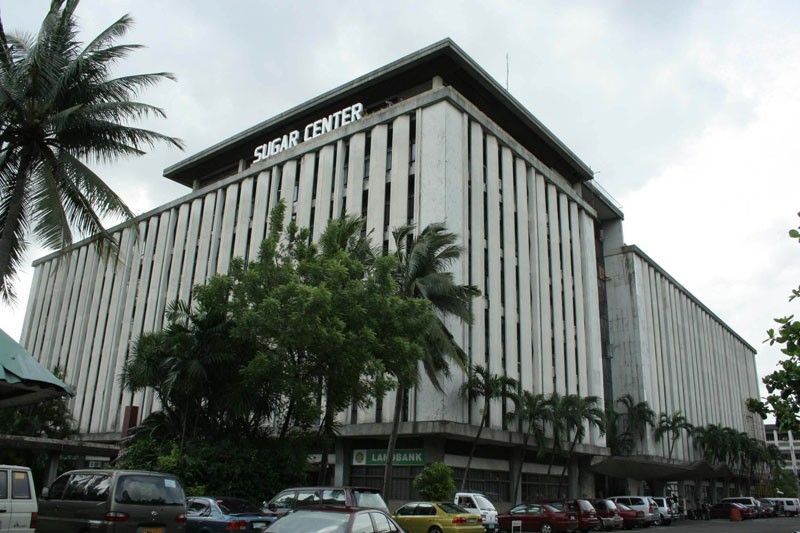COA recommends PhilSuCor abolition

MANILA, Philippines — The Commission on Audit (COA) is recommending the abolition of the Philippine Sugar Corp. (PhilSucor), saying its functions such as granting loans to private entities engaged in sugar production have become redundant with the Sugar Regulatory Administration (SRA).
In an annual audit report recently uploaded on its website, COA noted that for 2017, Philsucor extended a total of P208.088 million in credit to “private corporations, cooperatives, foundations and single proprietorships” engaged in sugarcane farming, marketing and research and development, “thereby defeating the primary purpose for which it (Philsucor) was created by virtue of Presidential Decree No. 1890.” Philsucor is a government-owned and controlled corporation (GOCC).
COA said the credits were granted to these private entities for their procurement of agricultural inputs, farm equipment and for sustaining their operations.
Such practice, COA said, is outside Philsucor’s mandate, which is to provide financing for the rehabilitation and expansion of sugar mills and sugar refineries across the country.
Furthermore, the audit body pointed out that the function of extending financial assistance to sugar farmers and cooperatives is vested in the SRA, an attached agency of the Department of Agriculture (DA), under Executive Oder No. 18 dated May 28, 1986.
COA said SRA has in fact been receiving annual allocation from Congress for the implementation of its Socialized Credit Program (SCP) funded under the Sugar Industry Development Act (SIDA).
The SCP includes credit financing both for public and private entities engaged in the farming of sugarcane and in the production and marketing of sugarcane products and by-products, according to COA.
COA said that while the SRA is currently granting loans to sugarcane farmers at the interest rate of two percent per annum, Philsucor’s current interest rate on its credit financing is six percent per annum, “thus, there is a big probability that Philsucor will continue to incur operating losses as less clients may avail of its credit financing.”
COA noted that as of Dec. 31, 2017, Philsucor had already incurred operating losses of P3.723 million.
The audit agency said the Governance Commission on GOCCs (GCG) must review the operational viability of Philsucor as “there is a big possibility that it may not be able to continue as a going concern entity, since there are no more sugar mills and refineries that applied for loans for the acquisition, rehabilitation and/or expansion of sugar mills, refineries and other related facilities.”
Philsucor, according to COA, “now depends on the granting of loans to sugarcane farmers’ cooperatives and other entities, although not in accordance with its mandate, just to earn income to support its operations.”
“The Audit Team believes that the matter must be elevated to the GCG which has the power to evaluate the performance of a GOCC and implement or recommend to the President the course of action it may deem necessary, to ensure that Philsucor’s operations are consistent with the national development policies and programs,” COA said.
It added Philsucor management informed the audit team that the GCG has standing recommendation to the Office of the President for the merging of Philsucor with SRA.
But while waiting for the decision on GCG’s recommendation, Philsucor said it will continue to grant loans to corporations and cooperatives, maintaining that it is not a duplication of the SRA’s SCP.
Philsucor explained that its credit-financing program caters to individual sugarcane farmers with 30 hectares and above farm area which he owns or leases, while the SRA’s SCP caters to sugarcane farmers with five hectares and below.
“From information gathered, as long as the sugarcane farmers are accredited by the SRA, they are qualified to borrow under its Socialized Credit Program and there is no limit in the area of sugarcane farms being owned/leased by the borrowers,” COA maintained.
- Latest
- Trending
































